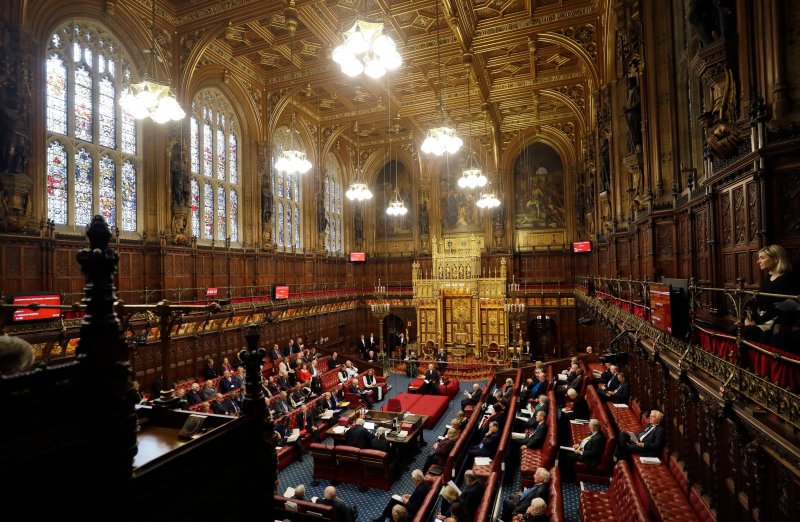Farmers demand proper scrutiny of Ag Bill in Lords

Farmers have warned that the House of Lords stage of the Agriculture Bill must not be 'rushed and stifled' following its quick path through the Commons.
An amendment put forward in the House of Commons last month, which sought a legal requirement for equivalence of standards for imported foods post-Brexit, was voted down by a majority of 51.
The Bill is now set to be scrutinised by peers in the House of Lords on 10 June and then back to the Commons in early July.
The Tenant Farmers Association (TFA) said the Lords was a 'good place' for the level of analysis required to get into the detail of the Bill.
“The Bill has already been used as a guinea pig for the new measures introduced by the Commons, to ensure the safety of MPs in carrying out their work in the context of Covid-19," TFA chief executive, George Dunn, said.
"This meant a rather rushed and stifled report stage for the Bill which must not be repeated for the House of Lords stages."
The TFA said that while there was much to be welcomed in the Bill, more focus was needed to ensure the legislation is appropriate for the farming industry in the midst of the coronavirus crisis.
The group has called for further measures in relation to the protection of standards in trade, better provisions on food security and improvements in the arrangements for regulation of food supply chains.
"The House of Lords is usually a good place for the level of scrutiny required to get into the detail of this Bill, but it must be given the time and space to play that important role,” said Mr Dunn.
“The government is keen to get this legislation on the statute book before the end of the summer as a clear signal of departure from our past involvement with the EU.
"However, we must not let political point scoring or misplaced virtue signalling to hijack the work needed to produce good legislation,” he added.








